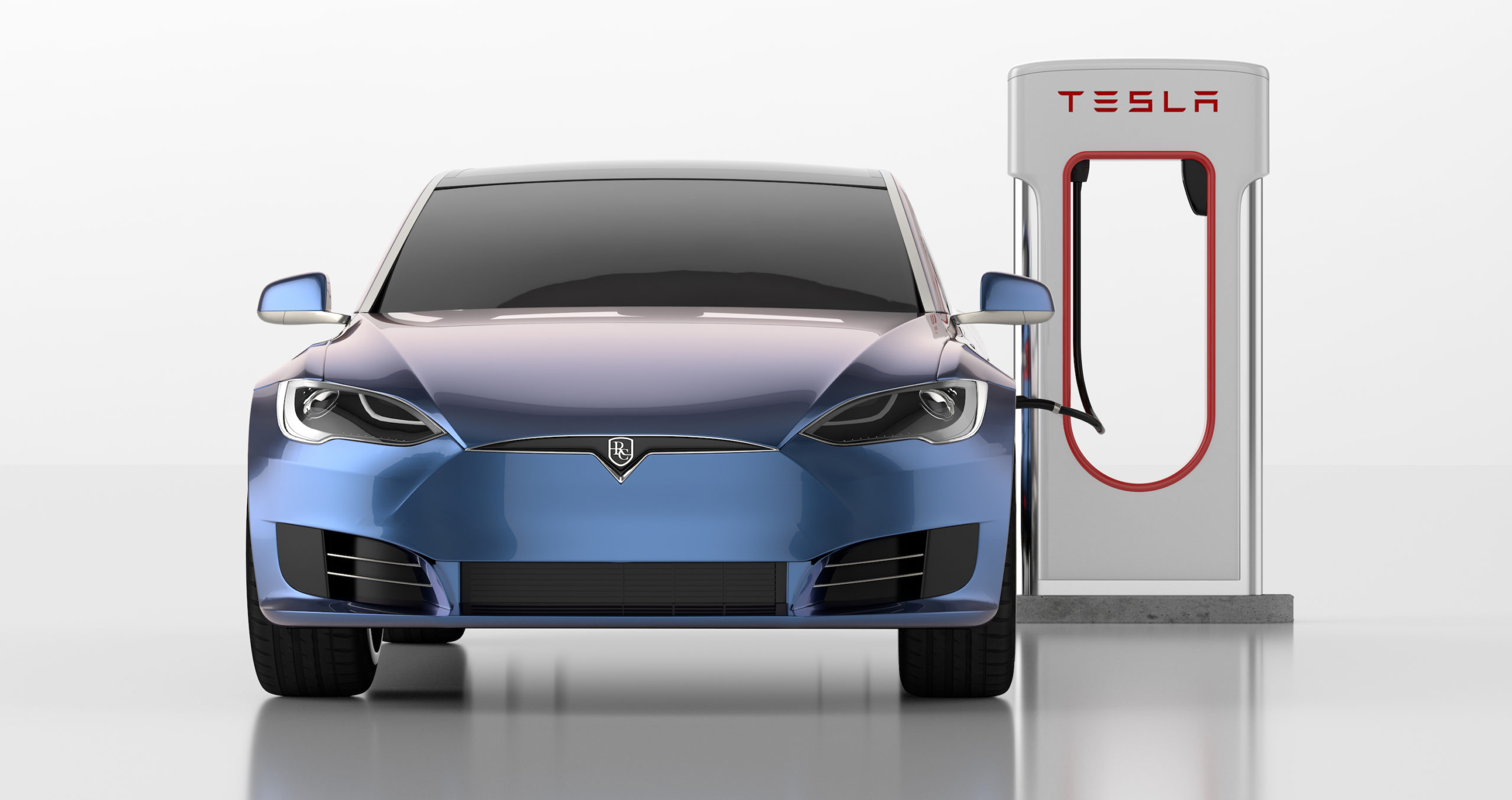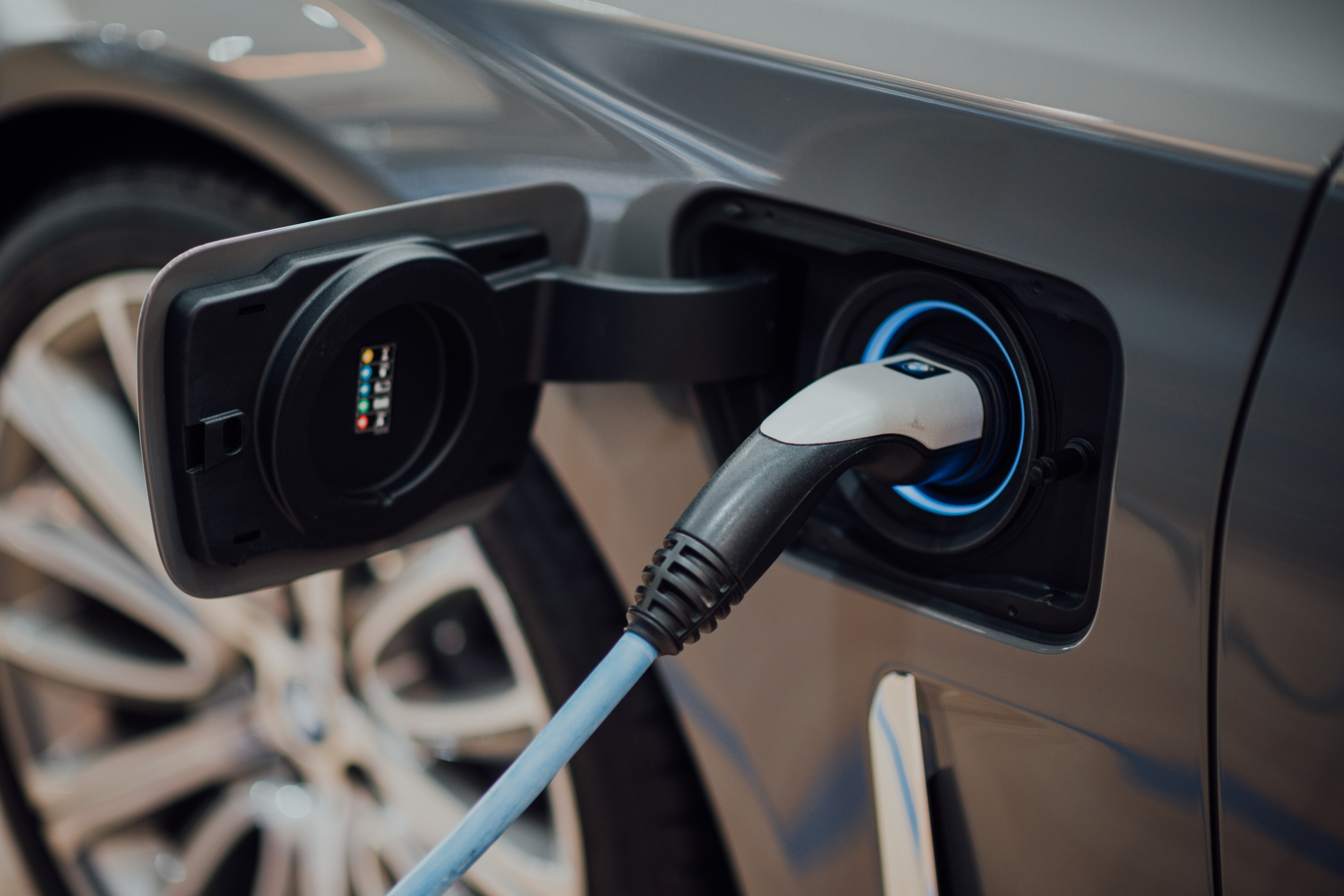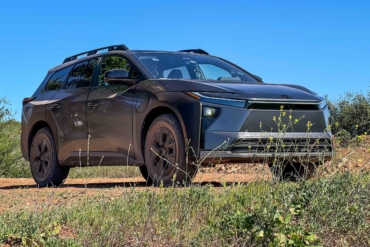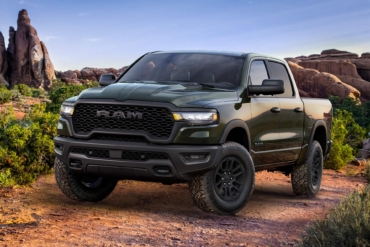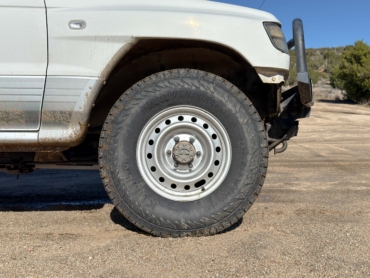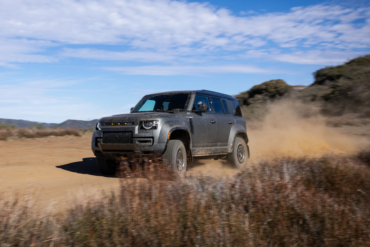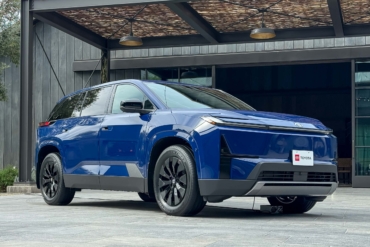Today, the Biden Administration announced a landmark deal to make electric vehicle (EV) charging more accessible for Americans. The Supercharger deal is part of a series of new announcements made by the White House as part of the president’s efforts to get 500,000 public chargers in operation by the end of the decade. That’s seen by EV proponents as a critical step in increasing the appeal of battery-electric vehicles.
The administration’s goal is to create a charger network that “will work for everyone, everywhere, no matter what type of car or state they’re in,” White House infrastructure coordinator Mitch Landrieu said.
The administration also plans to require that new public chargers be produced in the United States if companies want to receive federal funding. A total of $7.5 billion was set aside to support the buildout of the U.S. EV network under the 2021 infrastructure bill passed by Congress.
US Supercharger Network
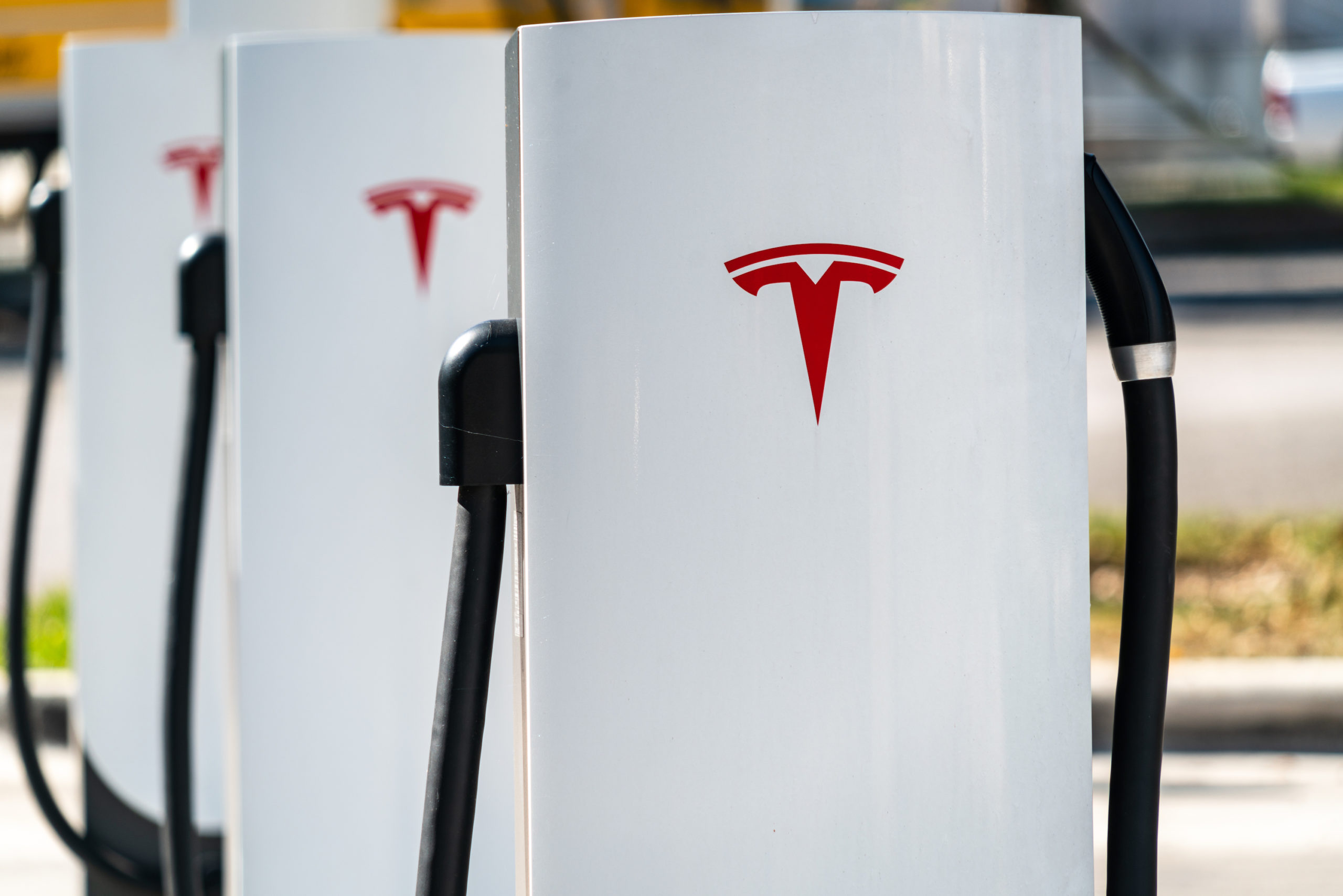
Tesla currently operates 40,000 chargers worldwide at 10,000 locations, according to the company. It added about 10,000 last year and is in the midst of upgrading to faster charging speeds. There are about 15,000 Superchargers in the U.S. at more than 1,500 locations. About half of those will be opened to competing products.
That is, however, dependent upon Tesla following up on the agreement. The automaker first signaled plans to open up its network a year ago. It did so in parts of Europe but has so far continued limiting access to Tesla vehicles in the U.S. The new deal, however, provides federal funding for Tesla under the infrastructure bill once Tesla acts.
“The open chargers will be distributed across the United States,” the White House said in a statement, adding, “They will include at least 3,500 new and existing 250 kW Superchargers along highway corridors to expand freedom of travel for all EVs, and Level 2 Destination Charging at locations like hotels and restaurants in urban and rural locations. All EV drivers will be able to access these stations using the Tesla app or website.”
Details Remain
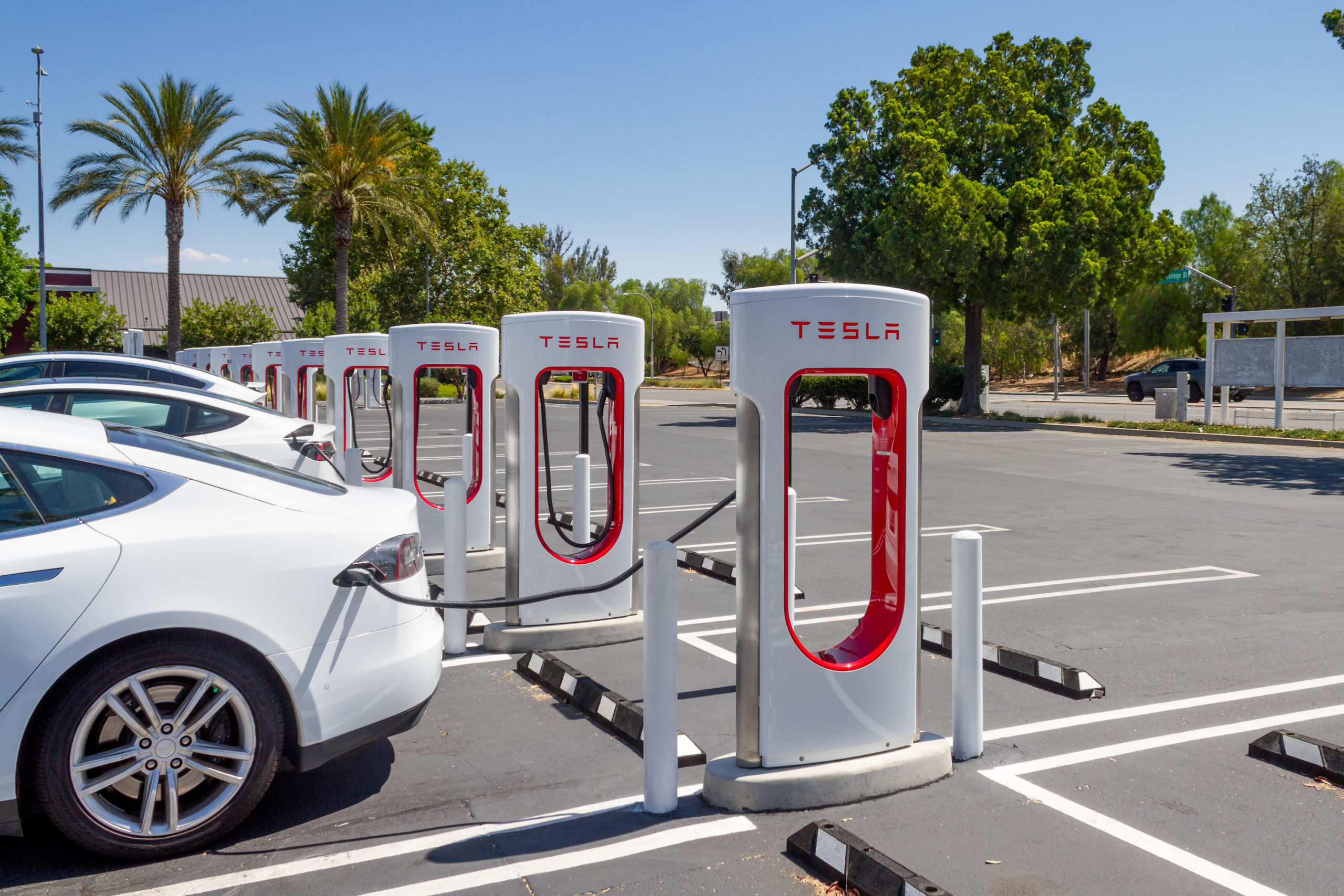
Some details of the plan have yet to be revealed. It is unclear if Tesla will add the CCS-style plug used by virtually all other products or require non-Tesla owners to use their own adaptors. Tesla products use a proprietary connector.
It also remains to be seen if the company will enact a higher fee for competing products using the Supercharger network.
All told, there are currently 56,256 EV chargers in the U.S. available to the general public, according to the Alternative Fuels Data Center. So, Tesla significantly boosts the number available to all motorists. And the Superchargers tend to be spaced at regular intervals on major travel routes, including Interstate highways.
‘Charger Anxiety’
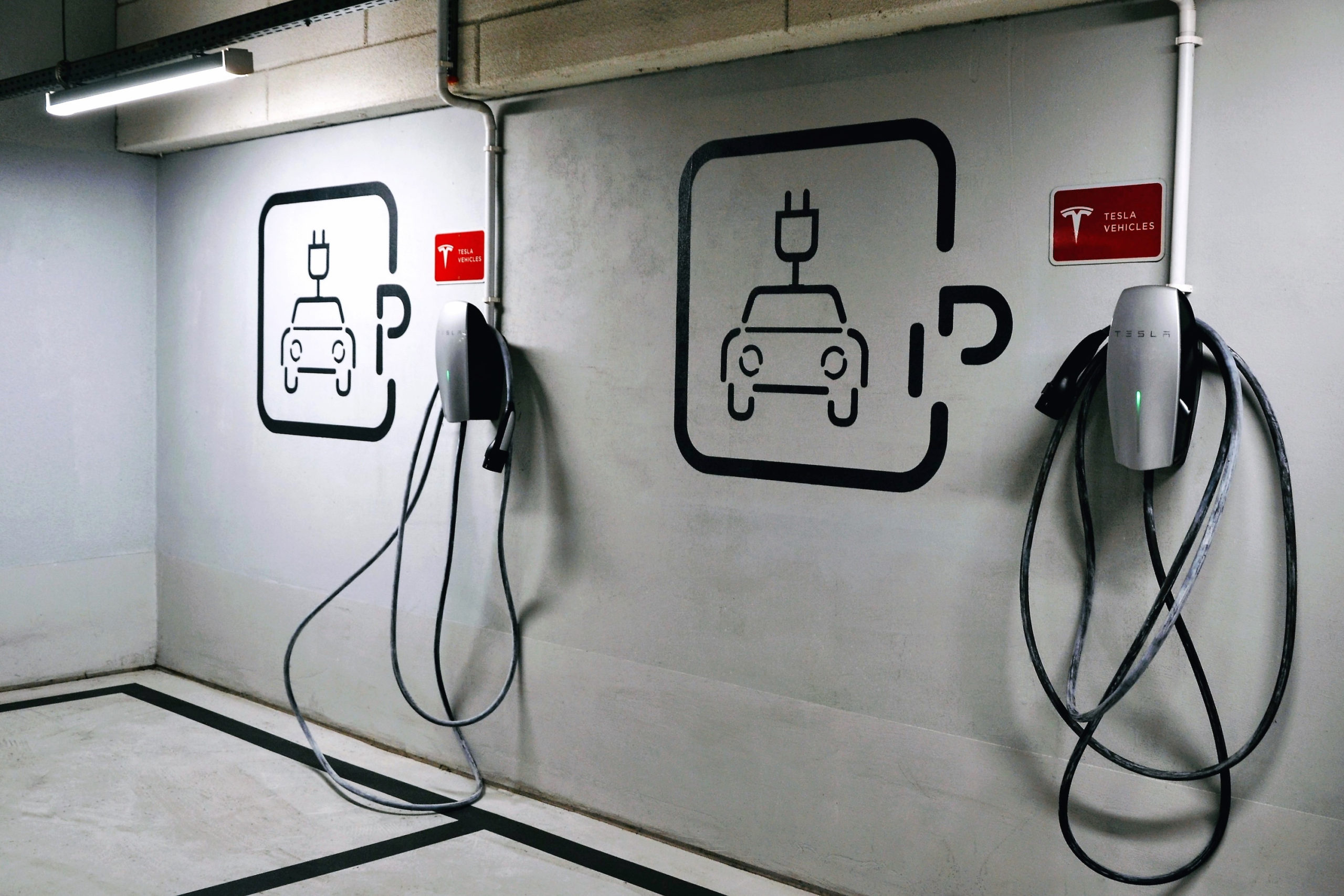
There’s another potential plus to opening up Tesla’s network: the Superchargers have a reputation for high reliability. On the other hand, startup charger companies like EVgo and Electrify America have come under fire for frequent breakdowns.
A study released by the University of California Berkeley last year found that nearly a quarter of the public chargers in the San Francisco Bay Area were not functioning at any particular time.
Where EV owners once had to cope with “range anxiety,” they now face “charger anxiety,” Jake Fisher, head of automotive testing for Consumer Reports, said in a telephone interview.
Made in America
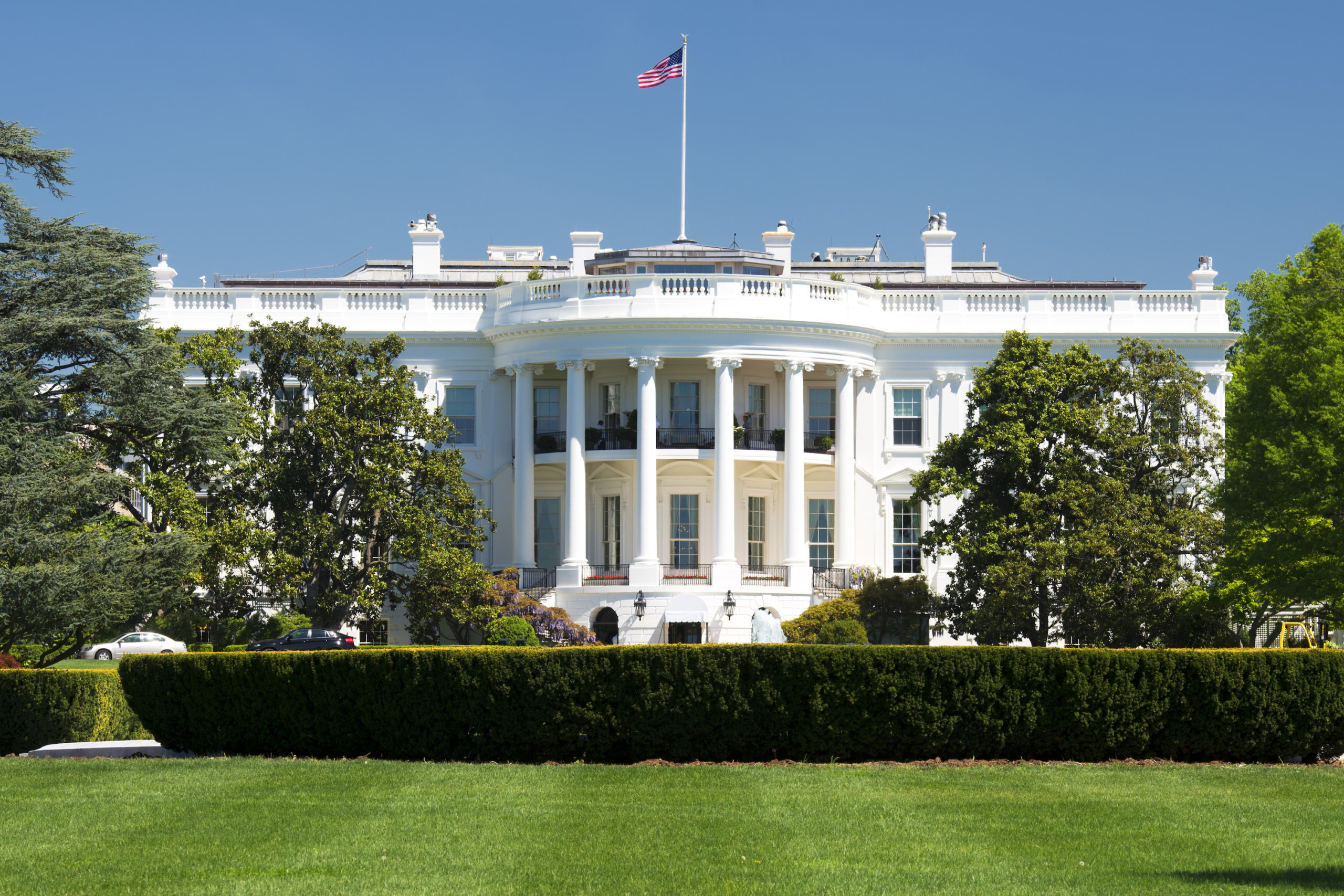
The Biden administration has actively promoted EVs in a variety of ways, including new fuel efficiency standards and by setting aside $7.5 billion from the infrastructure bill to help build out a network of 500,000 public chargers by decade’s end. Some of that money is being focused on chargers located in rural parts of the country where few chargers currently are available.
The new rules announced by the White House also will require companies seeking federal aid to purchase chargers built in the United States, Transportation Secretary Pete Buttigieg said.
In announcing the deal, the administration noted that “Tesla will more than double its full nationwide network of Superchargers,” adding that they will be “manufactured in Buffalo, New York.”
